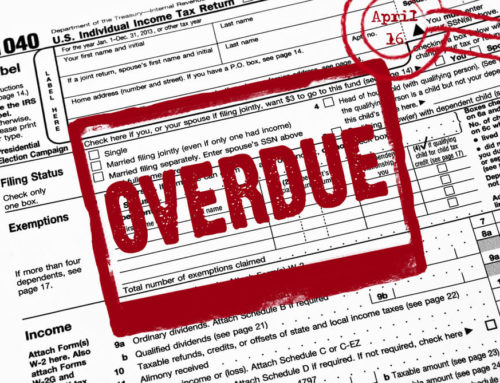If you are a U.S. citizen with substantial foreign investments or you live abroad, you may have to file extra forms to report foreign income and holdings. Here are two.
Report of Foreign Bank and Financial Accounts (FBAR). You must file an FBAR if you are a U.S. citizen and own foreign bank and financial accounts exceeding $10,000 at any time during the year.
The FBAR is filed separately from your federal tax return. For the tax year of 2016, the due date has been changed to April 15. The FBAR can now be extended until October 15.
The penalty for failing to file is $10,000 for each violation even if the failure is inadvertent. The penalty increases to the greater of $100,000 or 50% of your account balances if you willfully avoid the filing requirement. FBAR penalties are waived only if you can show reasonable cause for failing to file.
Statement of Specified Foreign Financial Assets (Form 8938). When you own foreign assets and financial accounts, you may have to file Form 8938 with your federal income tax return. Although Form 8938 resembles the FBAR, you must disclose certain other non-account assets, such as business arrangements, on this form. Other requirements differ as well.
For example, Form 8938 must be filed if the total value of your foreign assets exceeds certain thresholds. In general, the reporting thresholds are the following:
- More than $50,000 for single filers or $100,000 for joint filers at the end of the year, or
- More than $75,000 for single filers or $150,000 for joint filers at any time during the year.
- If you’re an expatriate and live abroad all year, the filing requirement thresholds are higher.
Depending on the type of foreign assets or business interests you own, you may also need to file other forms. If you are not sure what reporting requirements apply to your foreign assets, please give us a call. We will help you comply with these complex rules.




Leave A Comment